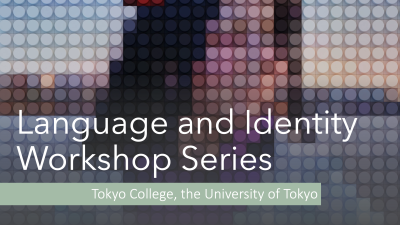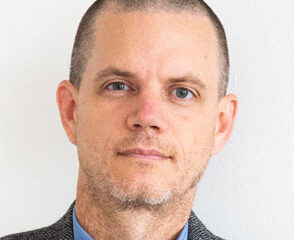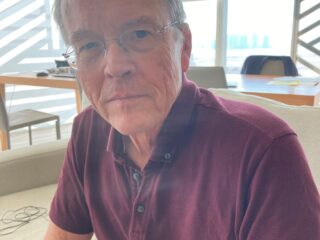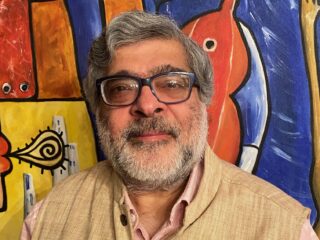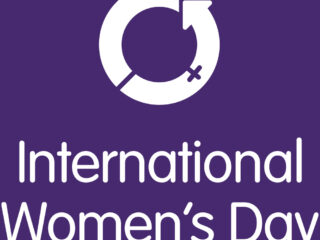Language and Identity Workshop I: Theory and Methods of Linguistic Identity
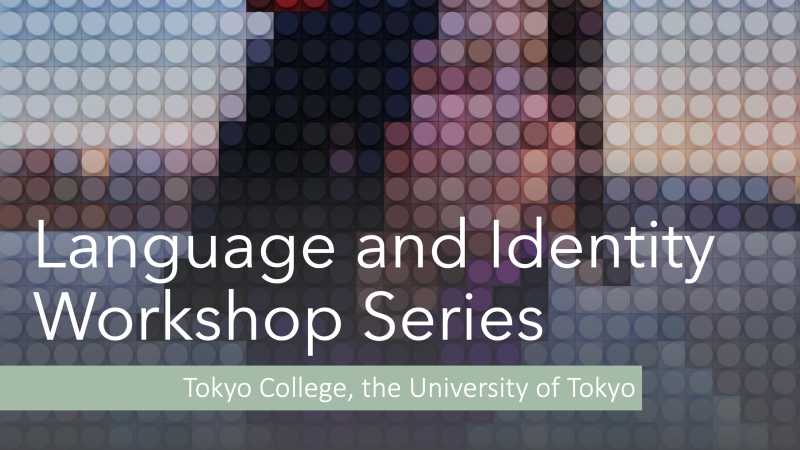
| Date(s) | February 2, 2023 18:30-19:30 JST |
|---|---|
| Venue |
Zoom Meeting (Register here) |
| Registration | Pre-registration required |
| Language | English |
| Abstract |
Jeconiah Dreisbach (Universitat Oberta de Catalunya, PhD Candidate) “An Ethnographic Linguistic Landscape Analysis of Transnational Migrant Spaces: A Study on the Filipino Community in the United Arab Emirates” The Filipino diaspora is the fourth largest migrant community and consists of ten percent of the population of the United Arab Emirates. Beyond the Philippine schools that were established to cater to the needs of the community, transnational brands and local business establishments were also founded by the Filipino population which creates a transnational ethnolinguistic space for the people to practice their cultures and speak their mother tongues beyond the official Arabic language and English as lingua franca in the Emirates. Moreover, the only Roman Catholic Church in the Emirate of Sharjah says their Holy Mass in Tagalog multiple times a week for the Filipino Christian faithful. This study will present the preliminary findings of an ethnographic linguistic landscape analysis by the researcher on the linguistic accommodation and creation of transnational ethnolinguistic spaces by the Filipino people in the Emirate of Sharjah in the United Arab Emirates. Through a multilingual linguistic landscape analysis of signs, sights, and spaces in the mentioned area, this work will impart the ways in which the multilingualism and multiculturalism of the Filipino population are negotiated in an Arab public space.
Yao Sun (University of Oxford, DPhil Candidate) “Apologies for My Ese-Kansai-Dialect”: Language Ideologies and Language Ownership of Kansai Dialect in Online Space Following its national popularity since 1980s, the Kansai dialect has been a valuable linguistic resource seen on screens and expressions from the dialect are often nominated as buzzwords of the year. Issues of authenticity and language ownership arouse as the regional dialect became spoken and heard outside of the region. Ese-Kansai Dialect (Ese-Kansai-ben, EKD) is a word coined in recent years to denote the Kansai dialect used by non-natives with “unnatural traits”. Literature on this subject refers to the so-called EKD as a variation of the “real” Kansai Dialect. However. common linguistic features of EKD were not found to support the existing argument about EKD.
Diana Romero (Columbia University, PhD, Lecturer) “Critical Sociolinguistics in the Spanish as a Heritage Language (HL) Classroom: Empowering Heritage Spanish Learners Ethnolinguistic Identity” Heritage language instructors concerned with how to make our practice relevant within a social justice framework must constantly examine how our language and pedagogical practices, even when well intentioned, might be reproducing dynamics of social exclusion. (Zavala, 2019)
For more information about the keynote of this workshop please click here To learn more about the “Language and Identity” Series click here
|
| Program |
18:30-18:50 (15 min talk+ 5 min Q&A) Jeconiah Dreisbach (Universitat Oberta de Catalunya, PhD Candidate) An Ethnographic Linguistic Landscape Analysis of Transnational Migrant Spaces: A Study on the Filipino Community in the United Arab Emirates 18:50-19:10 (15 min talk+ 5 min Q&A) Yao Sun (University of Oxford, DPhil Candidate) “Apologies for My Ese-Kansai-Dialect”: Language Ideologies and Language Ownership of Kansai Dialect in Online Space 19:10-19:30(15 min talk+ 5 min Q&A) Diana Romero (Columbia University, PhD, Lecturer) Critical Sociolinguistics in the Spanish as a Heritage Language (HL) Classroom: Empowering Heritage Spanish Learners Ethnolinguistic Identity
|
| Speaker Profile |
Presenters Jeconiah Dreisbach
Yao Sun
Diana Romero
Moderator |
| Organized by | Tokyo College, The University of Tokyo |
| Contact | tokyo.college.event@tc.u-tokyo.ac.jp |


